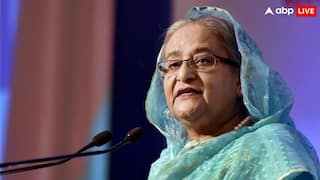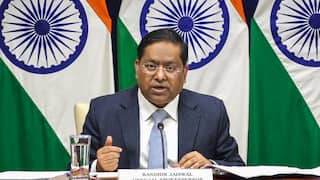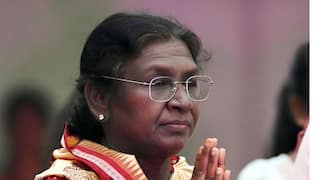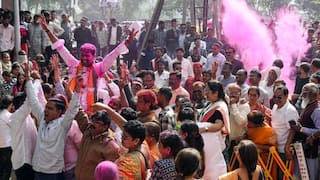Ambedkar Jayanti 2023: A Glance At Babasaheb's Contributions And His Legacy To The Country
People all over the country celebrate Bhim Jayanti or Ambedkar Jayanti to commemorate the birth of Dr. B R Ambedkar, known as the "Father of the Indian Constitution."

Ambedkar Jayanti, also known as Bhim Jayanti, is an annual festival commemorating Dr BR Ambedkar's birthday on April 14, 1891. Since 2015, this has been an official public holiday in India. Ambedkar Jayanti is observed not only in the country but around the world. This year marks the 132nd anniversary of Babasaheb's birth.
When Is Ambedkar Jayanti 2023?
Ambedkar Jayanti 2023 is celebrated every year on April 14, in honour of the Dalit icon who dedicated his entire life and work to the upliftment of labourers, women, and untouchables. Dr B R Ambedkar not only drafted the country's constitution, but he also helped establish India's central banking institution, the Reserve Bank of India. He was the driving force behind one of India's most important movements, the Dalit Buddhist Movement, as an economist, social reformer, and jurist.
The Legacy Of Babasaheb:
Bbasaheb's significance as a social reformer, chairman of the draft committee for the Indian Constitution, and the country's first law minister is well-known. However, many lesser-known aspects of B R Ambedkar contributed to nation-building and continue to have a significant impact on the current Indian socioeconomic-political setup.
Father Of The Indian Constitution: BR Ambedkar's legal expertise and knowledge of various countries' constitutions aided in the formulation of the constitution. He was appointed chairman of the Constituent Assembly's Drafting Committee and was instrumental in the creation of the Indian Constitution.
As chairman of the Constitution's drafting committee, he took painstaking steps to create a just society based on liberty, equality, and fraternity. According to him, a common moral compass is required for India, where society is divided by caste, religion, language, and other factors, and the Constitution can serve as that compass.
Significant Role As An Economist: The Reserve Bank of India was conceptualised based on the Hilton Young Commission's recommendation, which took into account Ambedkar's guidelines outlined in The Problem of the Rupee: Its Origin and Solution.
Role In Integrated Water Resources Management: His foresight aided in the establishment of the Central Water Commission and integrated water resources management through the establishment of river valley projects such as the Damodar River Valley Project, the Sone River Valley Project, the Mahanadi (Hirakud Project), and others. His vision resulted in the Inter-State Water Dispute Act of 1956 and the River Board Act of 1956.
Labour Leader: Ambedkar was the voice of the oppressed classes on every platform. He championed the cause of labour and improved the condition of peasants as their representative at the Round Table Conference.
Babasaheb's Relevancy In Present Times:
Today, his name has become a societal symbol that is nearly impossible to ignore, at least politically. He is the man whose name is known across political parties, and his writings and speeches are now the subjects of academic study for how they impacted the lives of those on the margins. For decades, he was regarded as one of India's most outstanding scholars.
In India, caste-based inequality persists. While Dalits have developed a political identity through affirmative action measures such as reservation and the formation of their political parties, they lag in social (health and education) and economic dimensions. However, today India is facing many socioeconomic challenges such as casteism, communalism, separatism, gender inequality, etc. We need to find Ambedkar's spirit within us so that we can pull ourselves from these challenges.






































